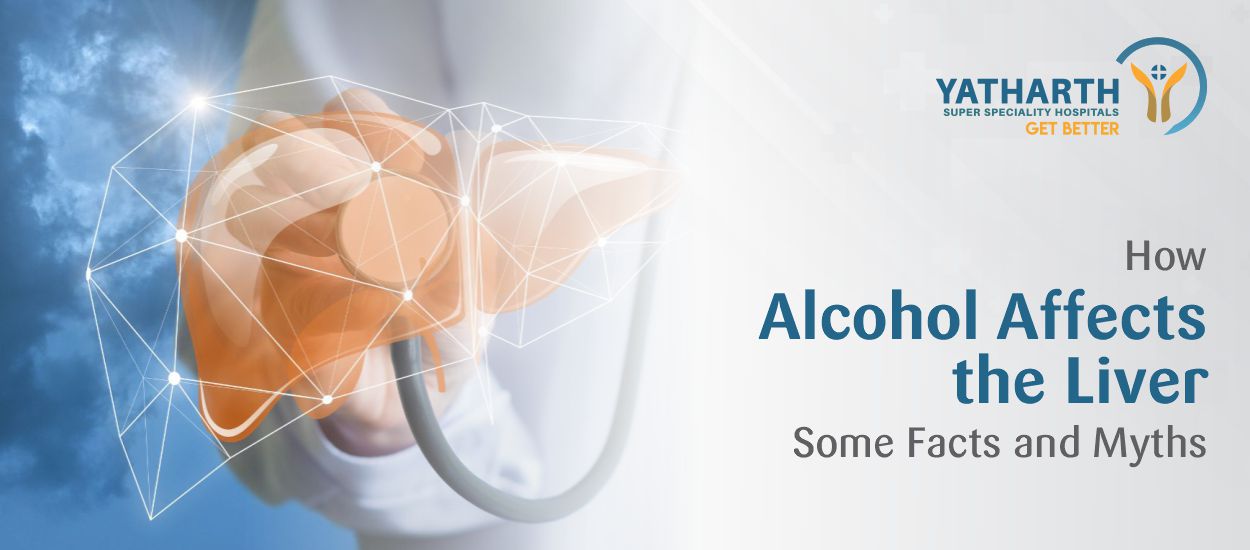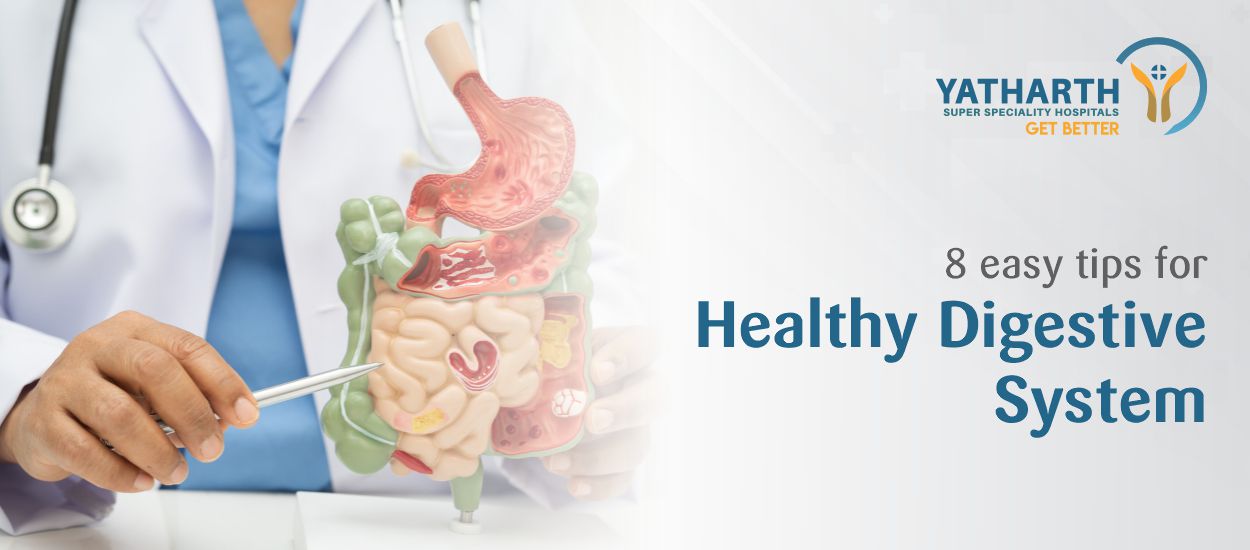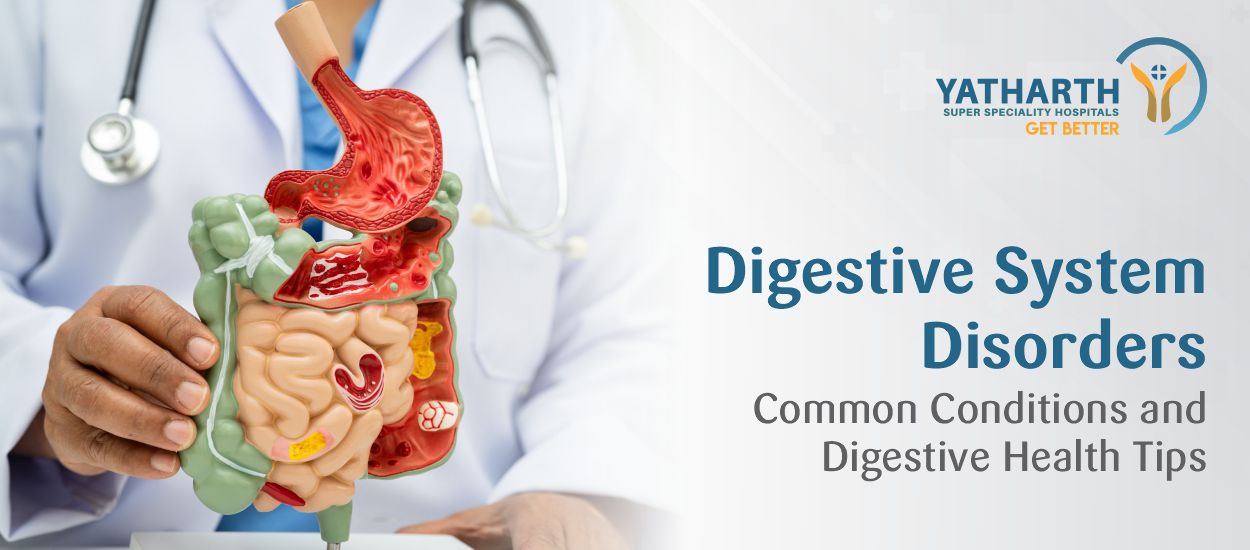Overview
There is a general misconception that excess alcohol consumption causes liver disease. But liver disease can be caused by other reasons too. To begin with, the liver converts nutrients found in food into energy while producing the antibodies and proteins required for bodily needs. These substances are then stored for later use. While people have healthy livers in their younger years, as time passes, multiple liver problems could arise. One of them is fatty liver.
Here are some of the popular myths regarding the liver:
Myth: Fatty liver is not dangerous
Fact: An accumulation of fat in the liver is termed fatty liver. Although a healthy liver does have a small quantity of fat, more than 5% build-up of fat (as per the liver’s weight) can cause fatty liver disease. Even though they may have this condition, most people are unaware of the same. While it may cause no problem in many people, the condition can’t be ignored because it could damage the liver cells and cause inflammation.
Interestingly, the liver is an organ that can regenerate itself, replacing damaged or old cells with new ones. If the liver fails to eliminate extra fat, scar tissue can accumulate. This makes it hard for the liver to move nutrients across the body, leading to increased pressure in nearby veins. In due course, serious conditions such as cirrhosis, and liver cancer can develop due to fatty liver.
Liver cirrhosis can be caused by prolonged alcohol abuse, build-up of fat reserves in the liver, chronic viral hepatitis and iron accumulation in the liver. Some genetic ailments, biliary atresia, cystic fibrosis and other medical conditions could also cause cirrhosis.
Myth: Cirrhosis will always lead to liver cancer
Fact: One of the likely complications of cirrhosis is liver cancer. If a person has cirrhosis, he/she must undergo periodic blood and radiological tests since early detection is vital in managing liver cancer. Depending on the size and location of the tumour, plus the patient’s health, surgery or liver transplant can cure early-stage liver cancer. Yet, having cirrhosis does not mean it will always lead to cancer.
Myth: Alcohol is the primary culprit in fatty liver
Fact: Excess alcohol consumption is one of multiple factors that can cause fatty liver. Other causes include a high-sugar, high-fat diet; a family record of fatty liver; regular use of certain medications, especially steroids; and rapid weight loss. Nonetheless, it’s best to avoid excess drinks.
Myth: Hard liquor is worse than wine or beer
Fact: The type of alcohol consumed does not matter; what counts is the quantity. Alcohol in any form will be harmful if safe limits are exceeded, which can differ between people. Heavy or binge drinking of any kind of alcohol will heighten the risk of liver damage.
Myth: Fatty liver disease is rare
Fact: On the contrary, this condition is becoming common globally. Unhealthy diets, growing obesity and binge drinking are all contributory factors. In some regions, around 25 to 30% of the general populace may have these conditions. Of these, about 15% will bear the more severe type that could cause cirrhosis and liver cancer. To avoid the condition, a change in lifestyle habits is recommended.
Myth: Fatty liver disease is non-reversible
Fact: Lifestyle modifications could prevent the condition from becoming worse or even reverse it. Since it is linked to specific health conditions like high cholesterol and diabetes, abstinence from alcohol and maintaining a healthy body weight could help curb additional damage.
Other lifestyle changes could include reducing sugar intake; avoiding/limiting fatty foods; opting for a wholesome plant-based diet that keeps cholesterol and triglycerides levels low; monitoring blood glucose levels and exercising regularly. Therefore, do the right things mentioned above and fatty liver disease could be reversed in some cases.
Myth: More women are affected by fatty liver disease
Fact: Not true. The ailment could affect both men and women equally if they have the wrong lifestyle habits. Accordingly, wholesome dietary habits are needed to avoid the condition.
Myth: People who don’t drink won’t get cirrhosis
Fact: It must be reiterated that since cirrhosis refers to severe scarring of liver tissue, such ‘injuries’ can emerge because of several reasons. These may include hepatitis B or C, liver diseases triggered by an overactive immune system, hereditary disorders due to an overload of iron or copper, non-alcoholic fatty liver disease or overconsumption of alcohol.
Myth: Despite cirrhosis, the liver will heal itself by regenerating naturally
Fact: Again, not true. Although it is an extremely regenerative organ, the liver can only do so when it is healthy and without extensive scar tissue damage. If cirrhosis occurs, the regeneration capacity of the liver is limited. This is the reason why cirrhosis cannot be reversed if it is advanced.
Myth: A liver transplant is the best option for cirrhosis
Fact: Not necessarily so. Being complex procedures, a liver transplant is generally the last option for a patient. Notwithstanding the best efforts of the transplant team, complications can arise due to the surgery. Also, strong medications must be taken lifelong to avoid liver rejection. These drugs can have side effects like high blood pressure, high cholesterol, diabetes, kidney dysfunction or neurologic issues.
Although a liver transplant represents the best chance for a functional life if there are substantial complications due to cirrhosis, keeping one’s liver healthy enough so a liver transplant can be avoided is the best course of action. This can be done by ensuring prompt medical attention for a liver ailment, adhering diligently to medication schedules the doctor prescribes, avoiding any further liver damage due to alcohol and always staying within a healthy body weight. If patients follow the above guidelines faithfully, they can live a much better life even with liver disease.
















